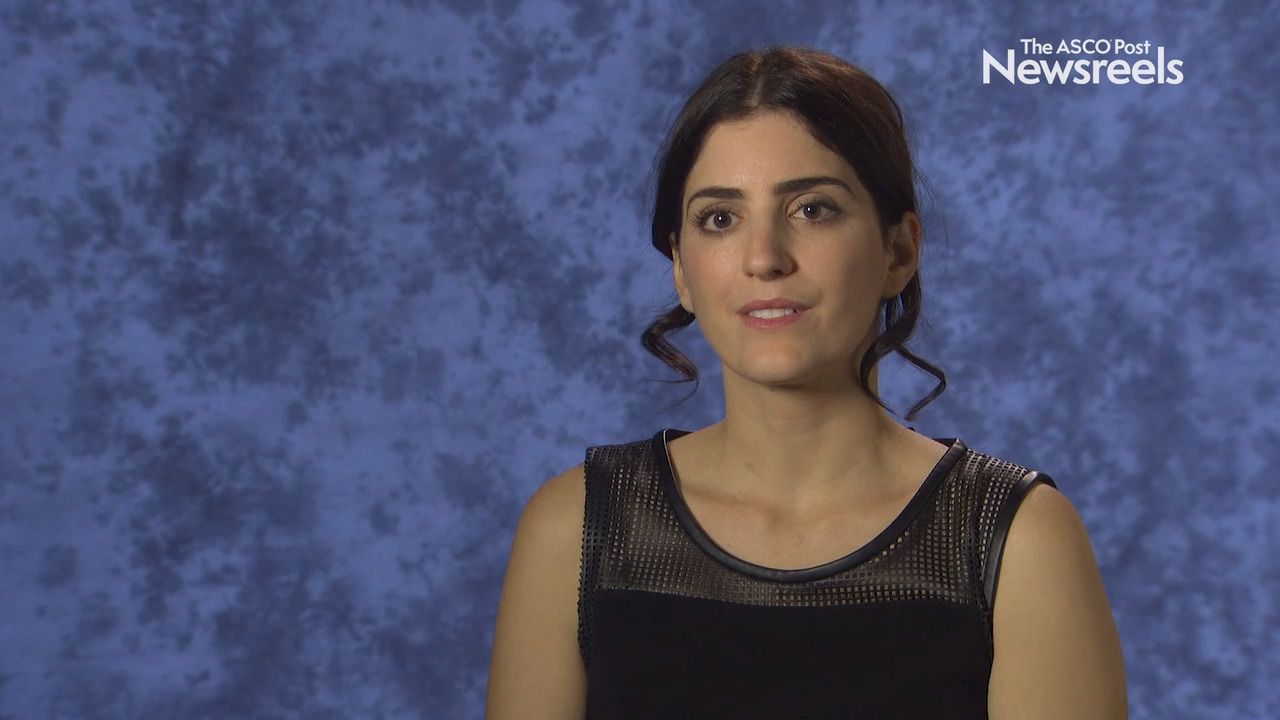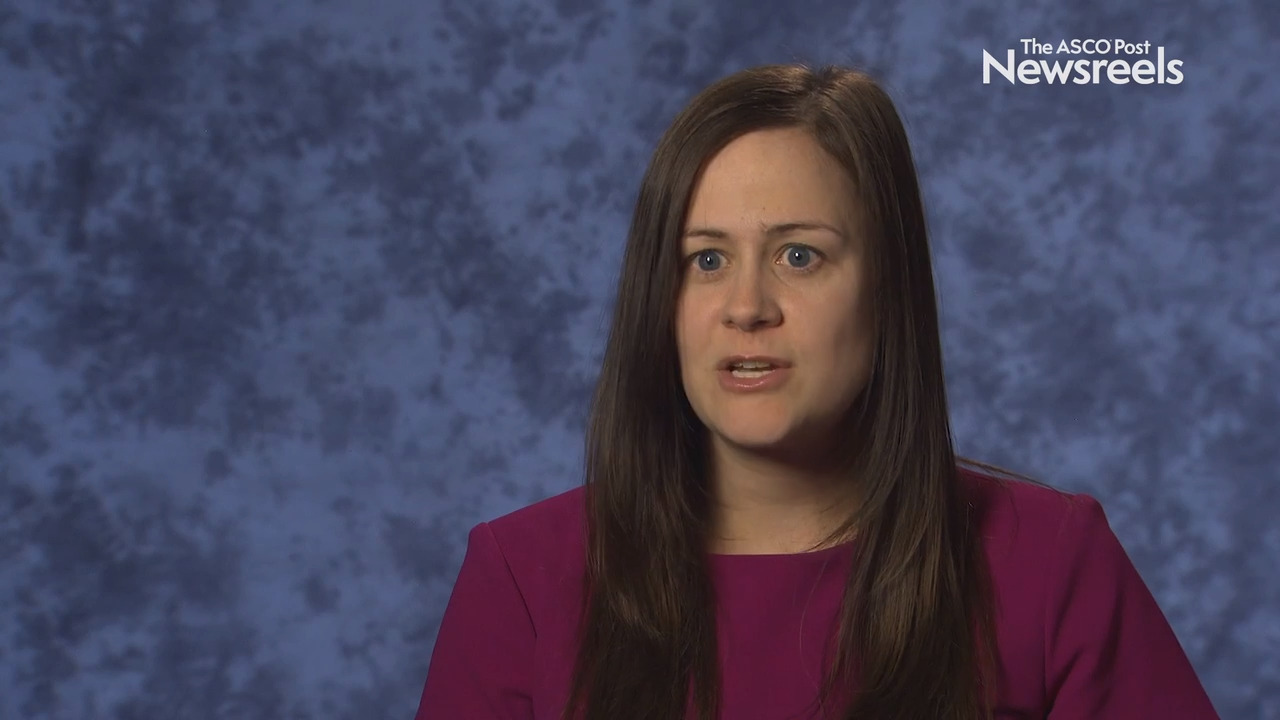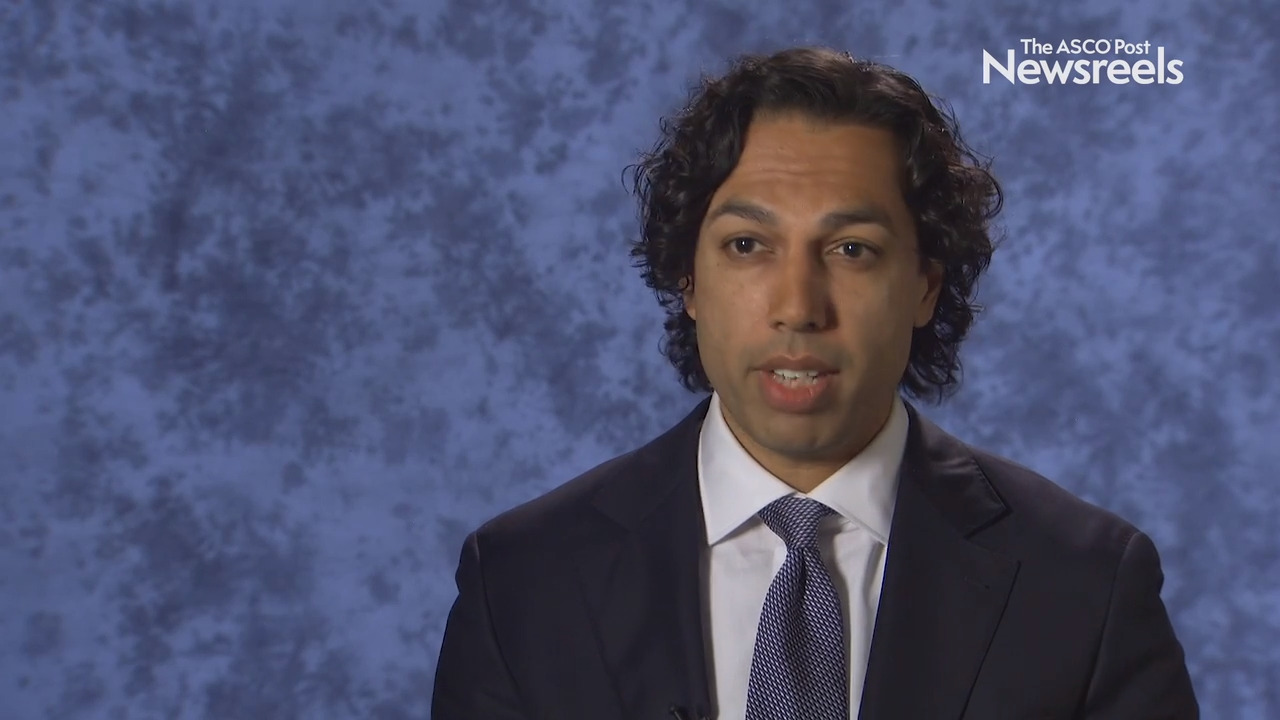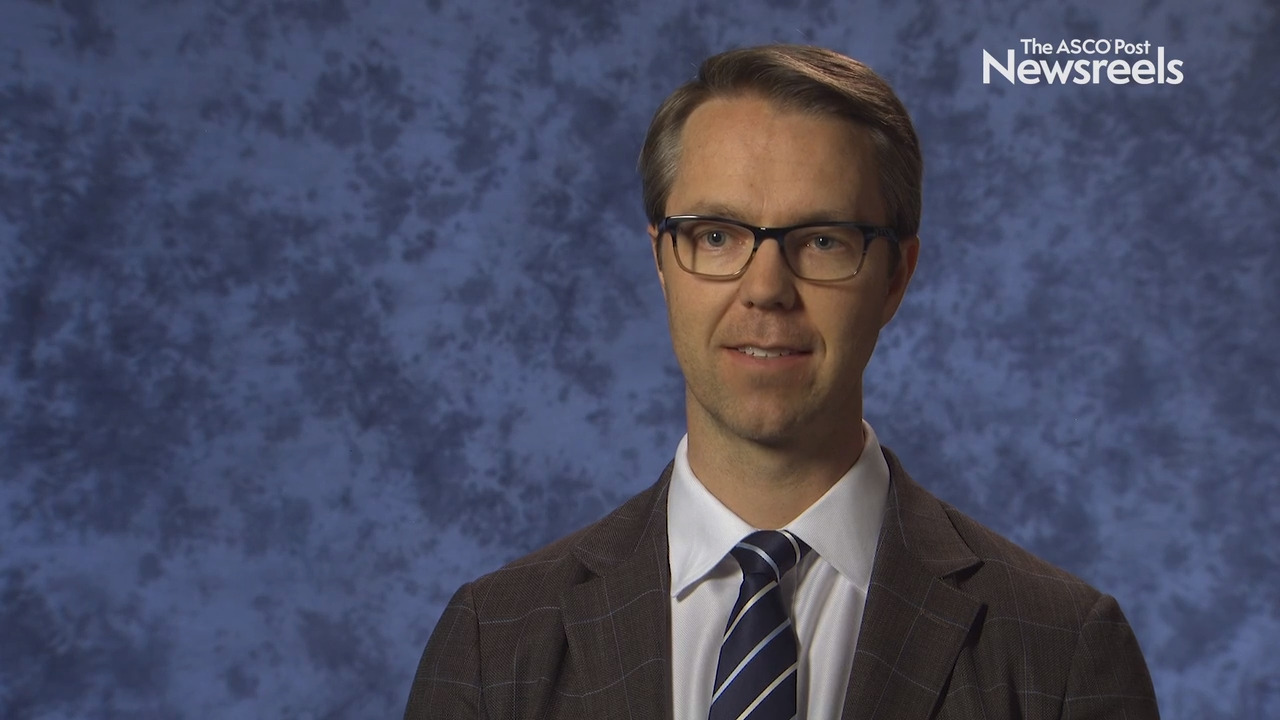Betty R. Ferrell, PhD, on Quality of Life in the Era of Immunotherapy
2018 Palliative and Supportive Care in Oncology Symposium
Betty R. Ferrell, PhD, of City of Hope, discusses the many advances in immunotherapy and the drugs’ effect on patients’ quality of life, including psychological well-being.
Suleika Jaouad, an Emmy Award–winning writer, advocate, and cancer survivor who was diagnosed at age 22 with myelodysplastic syndrome and acute myeloid leukemia, discusses what she has learned about coping with cancer, learning from it, and growing beyond it.
Elizabeth Jane Cathcart-Rake, MD, of the Mayo Clinic, discusses the frequency of side effects from immunotherapy, the need to closely monitor those receiving this treatment, and the role of clinicians in educating their patients on toxicities (Abstract 184).
Leslie J. Blackhall, MD, of the University of Virginia, discusses abuse of opioids, prescribing responsibly, and reducing cancer pain while also decreasing the risk of misusing these agents.
Mihir M. Kamdar, MD, of Massachusetts General Hospital, discusses study findings on a smartphone app called ePAL, which significantly reduces pain and pain-related hospital admissions by combining patient-reported outcome data and artificial intelligence via a telemedicine platform (Abstract 76).
Eric Roeland, MD, of Massachusetts General Hospital, discusses the wide variation among physicians in preventing vomiting from highly emetogenic chemotherapy (Abstract 74).





